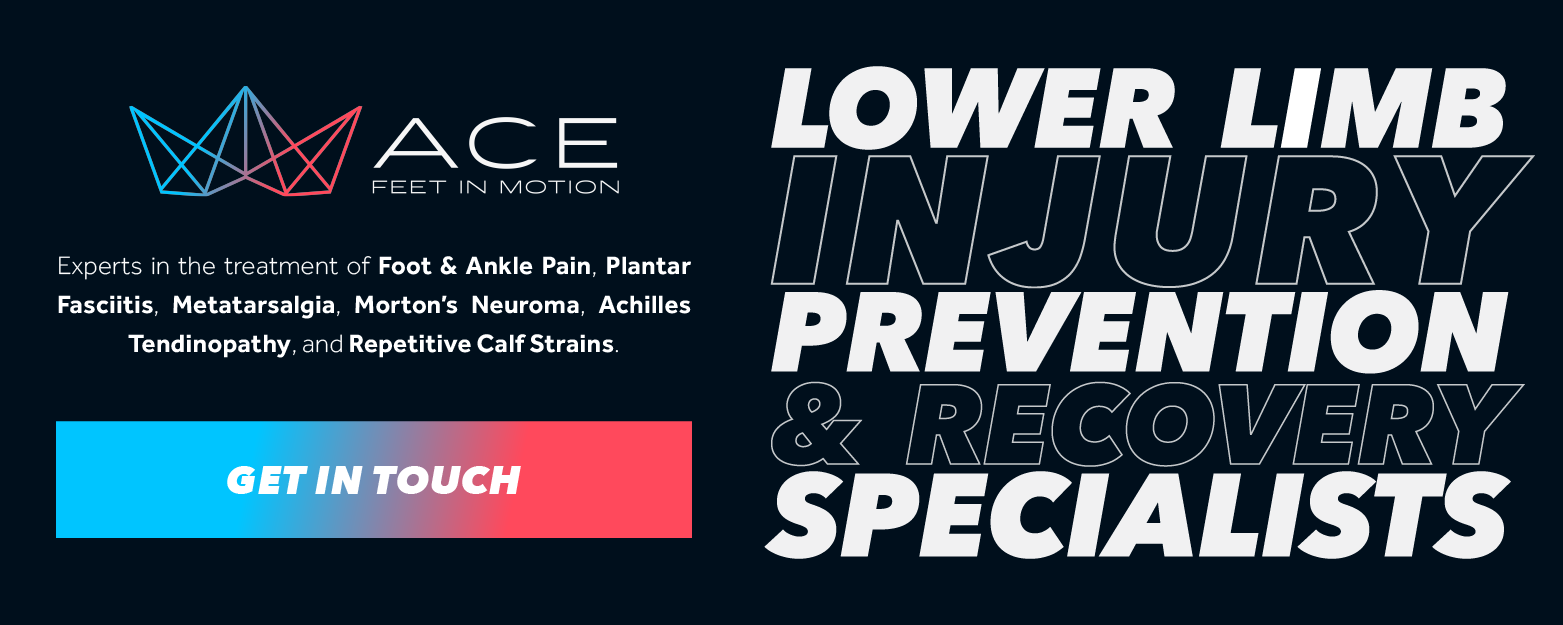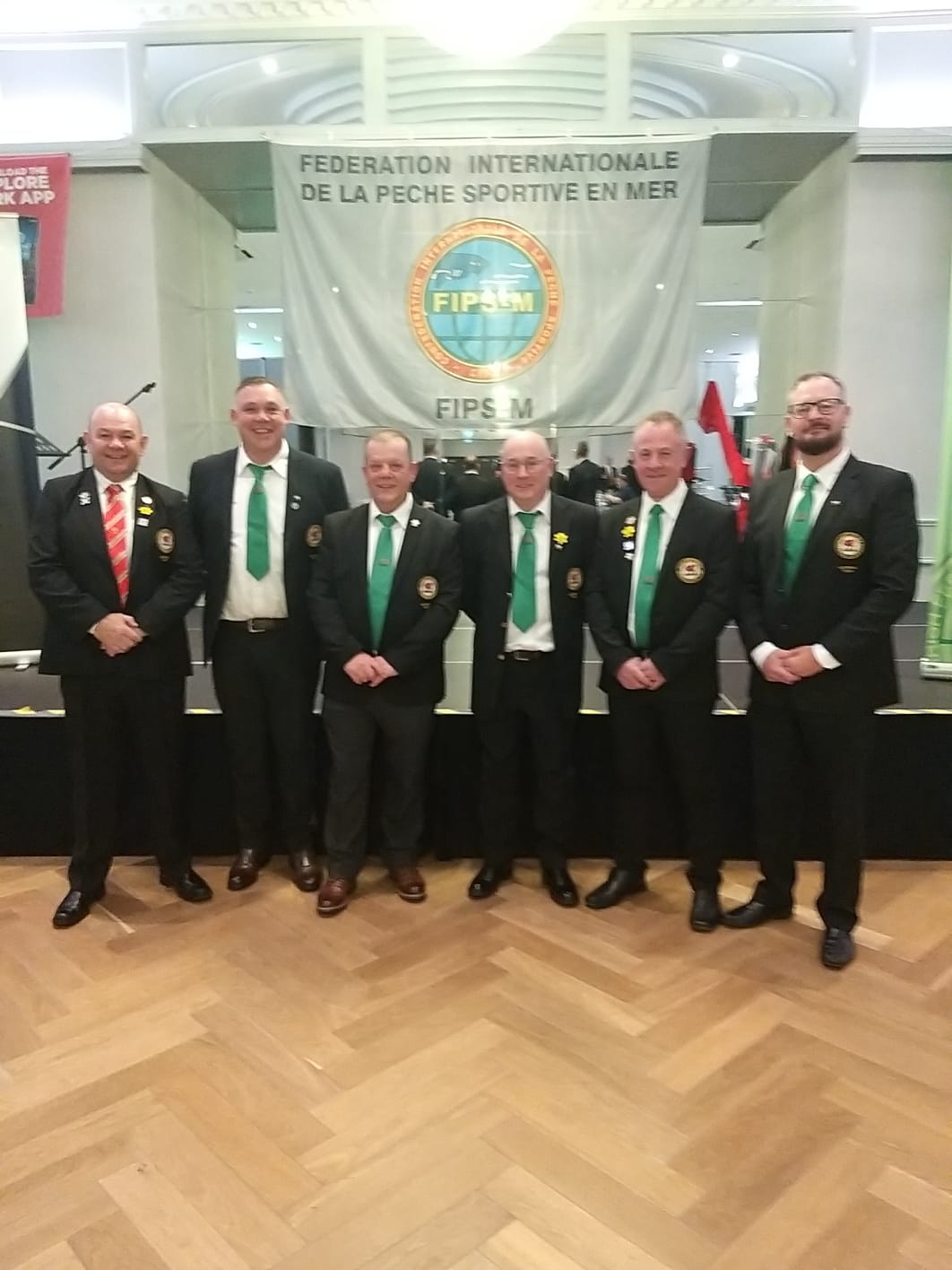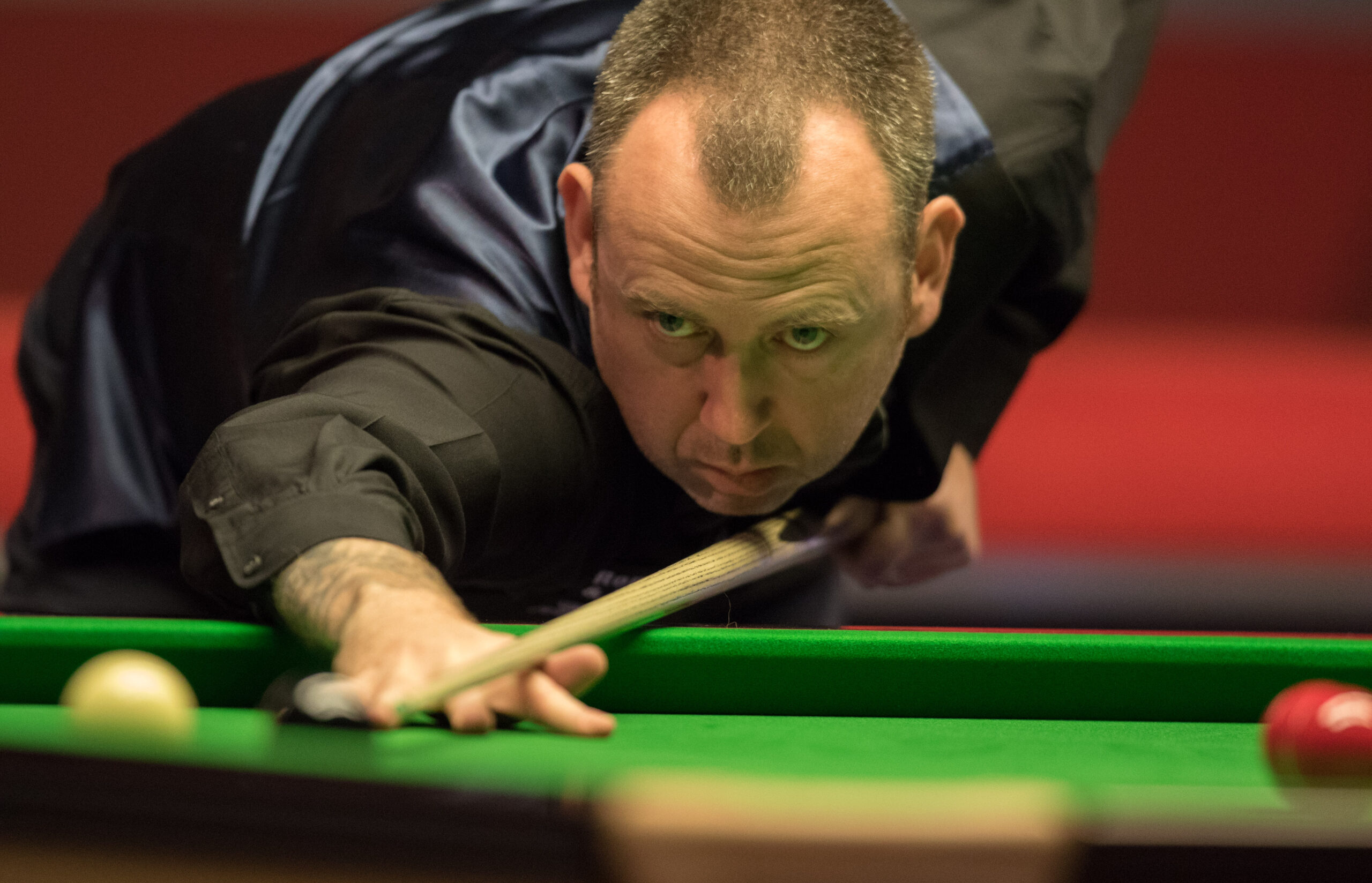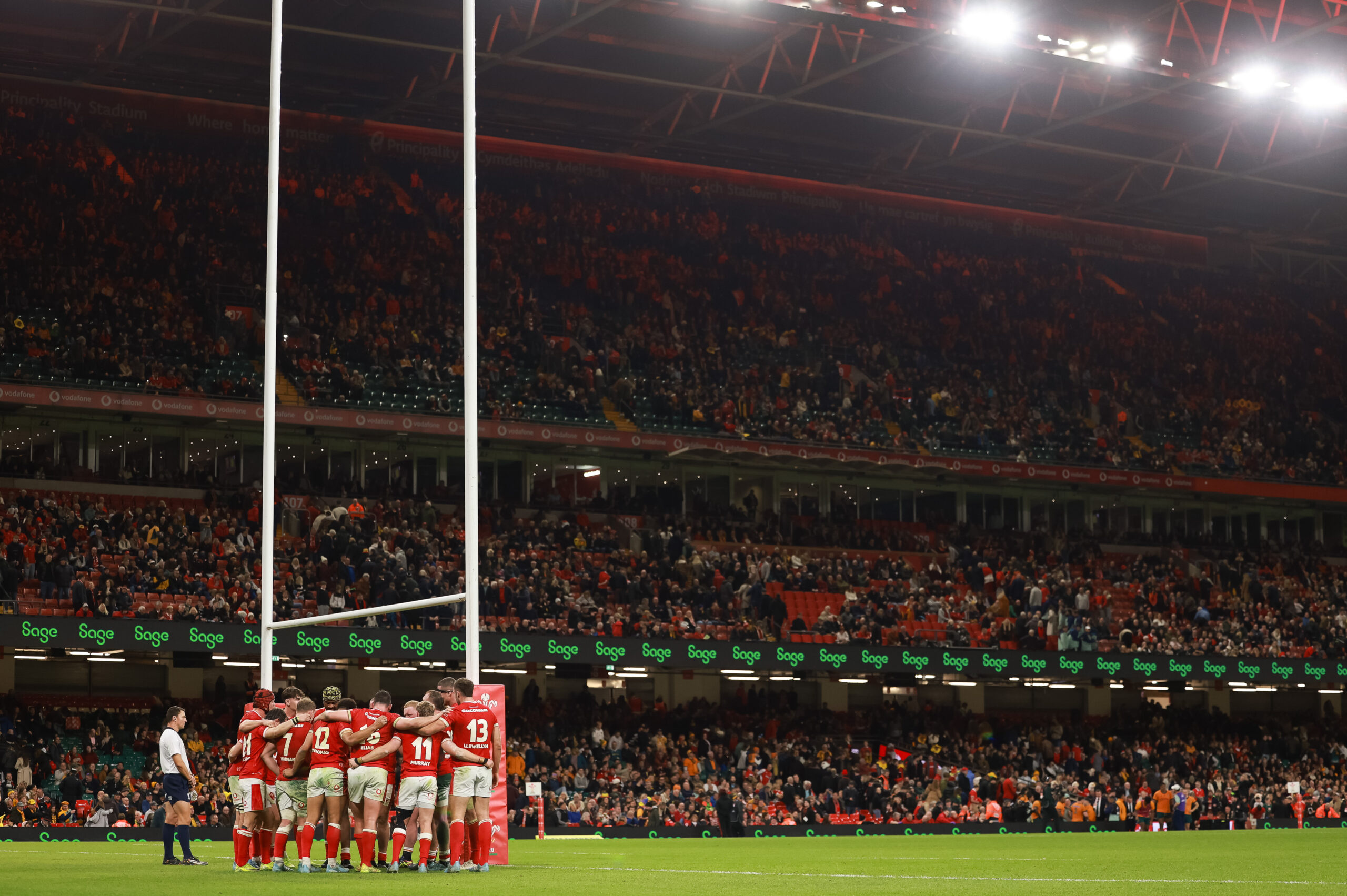Aled Siôn Davies: ‘Every Athlete Has Their Own Everest’
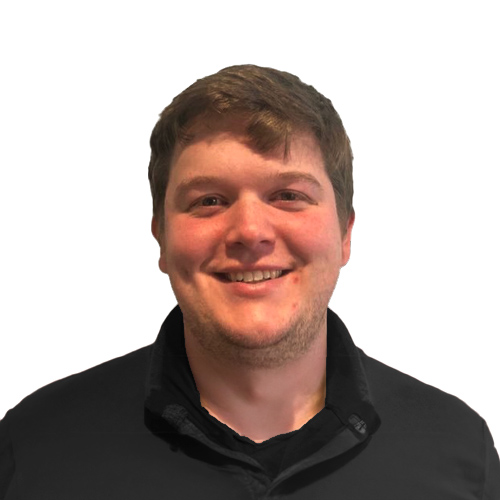
Carwyn Harris
OBE, golds at Commonwealth, European, World and Olympic levels, oh, and repeatedly smashing the world record.
Aled Siôn Davies, Bridgend’s Paralympic shot put and discus thrower, is now on the verge of yet more history, hoping to win his fifth Paralympic medal and third consecutive shot put gold.
All of those achievements very nearly didn’t happen. Davies became disillusioned with the sport at 16 after missing out on selection for the Beijing Olympics and finishing the year ranked second in the world.
“I was heartbroken. Most of my friends went, I watched them go on to succeed,” said Davies.
“For me, it was personal, and I thought, ‘I’ll go elsewhere.’
“I carried on with my academic studies and then British Athletics had a whole new team in place in preparation for London 2012 and they physically came to get me in Bridgend.
“They gave me a pathway, a plan, told me not to give this up. If it wasn’t for them coming down and believing in me more than I believed in myself, then I wouldn’t have gone on to become an OBE.”
Olympic Success and Injury Setbacks
After that initial setback, Davies won a gold in discus and bronze in shot put at London 2012 before consecutive gold medals at Rio and Tokyo in shot put.
Following gold at Tokyo, this Paralympic cycle has been Davies’ toughest test yet, struggling with injury having had “the carpet pulled” from beneath his feet when the pandemic hit.
“Before the pandemic I was lucky to have some good sponsors who were backing me and believed in the direction I was going in, but the plug was pulled overnight,” said Davies.
“You understand why with it being a crisis situation for everyone, I just didn’t realise it would be taken away so quickly. I’d bought a house two months before that, and I was thinking ‘How am I going to pay for everything?’
“It’s the first Games I’m going to without a private sponsor. I couldn’t go to the track to train, couldn’t get the equipment, I was looking on marketplace and people were putting their prices up six or seven times. I was filling my wheelie bins with cement, doing anything to train.
“I was in a pickle. That’s why I took the SAS – Who Dares Wins gig, I needed the money, I then sold my house. Everything in my personal life changed.”
2022 Commonwealth Games ‘completed the set’
Davies missed out on Commonwealth Games gold in 2014 as Wales’ co-captain, enduring feelings of wanting to “swallow himself inside” following the disappointment.
After that, it remained the outstanding medal in his trophy cabinet. In 2018, his category wasn’t included, meaning Birmingham 2022 was his next hope to complete the set.
“Off the back of Tokyo everything was focused on driving to win at the Commonwealth Games,” said Davies.
“I was solely focused on shot put for Tokyo in 2021. After that I had nine months to change disciplines. Normally, I take time off after a cycle but this time I didn’t.
“We went hard in training. I came out from training camp and threw 57 metres, breaking the discus world record by four metres and I thought, ‘I’m going to do crazy stuff here’. However, three weeks before the Commonwealth Games I was driving home from Bedford, and I was feeling a real burning in my groin.”
Serios Pelvic Injury
“We had it scanned and there was so much inflammation,” said Davies.
“It was diagnosed as Osteitis pubis which comes from an overload of over training and it’s the most common career-ending injury in football and rugby, not something I wanted to hear heading into my prime years.”
Heading to Birmingham for the Commonwealths, Davies gritted his teeth and won gold.
Following an extended period off following the Games, Davies hoped to come back healthy, however the pain remained.
“The only treatment at the moment are injections into your pubic symphysis (a joint between your left and right pelvic bones),” said Davies.
“I had a saline put into my pelvis which dilated my pelvis 2cm which is a very strange experience. I have a huge amount of respect for women after that!
“I’ve had that four times in the last two years, I’ve had enough of it now. For me now, it’s to get the job done in Paris, I’m very confident of that. I’ve worked too long and too hard not to. Then I’ll have an operation once I get home from Paris to sort it for good.”
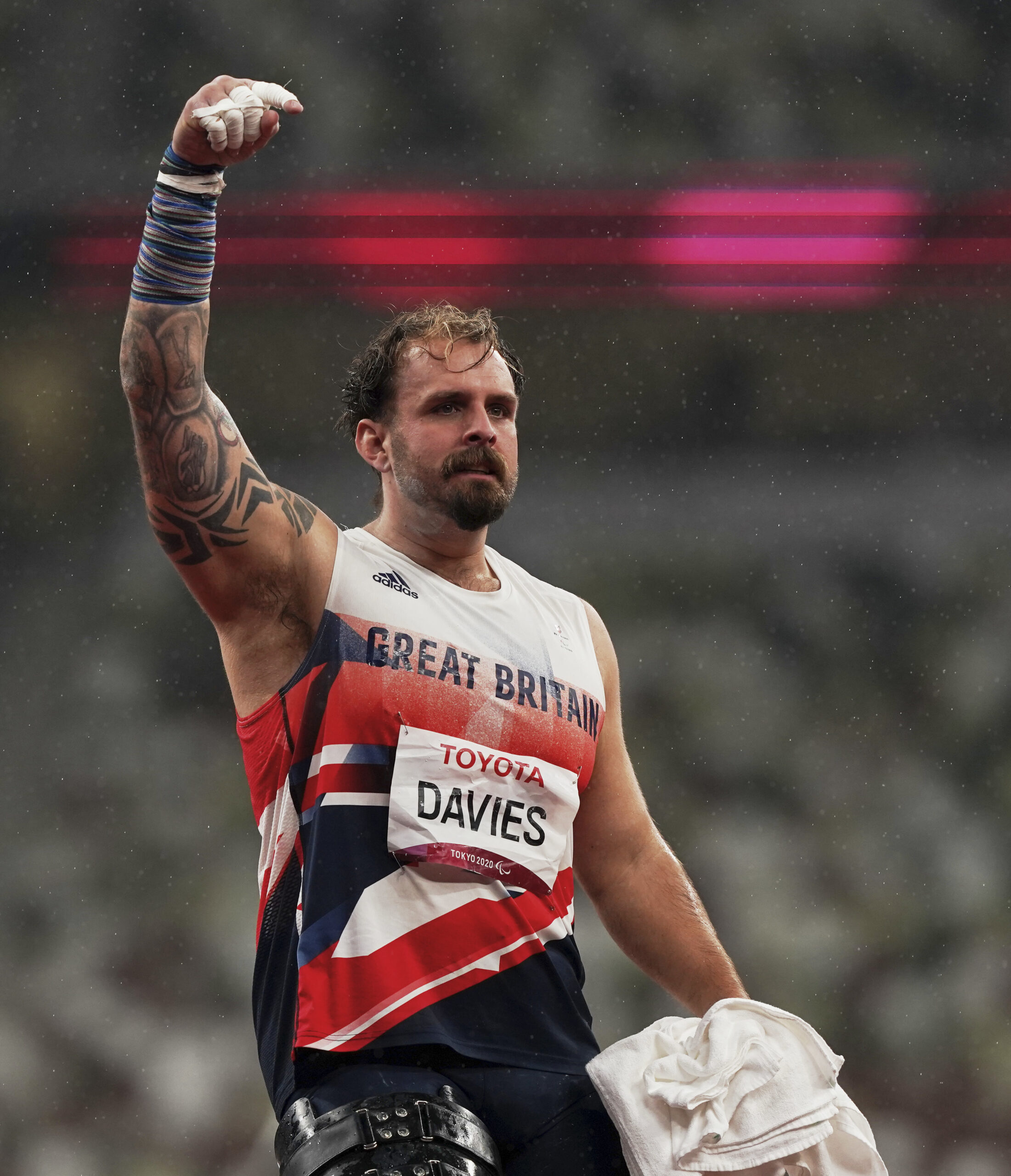
Paris Potential Last Games
The injury and its long term effects, means Davies’ future in the sport is currently uncertain.
“The tole it’s taken on my body has been tough. I’ve got a dream job it’s just the injuries stopping me doing what I want to do,” said Davies.
“What’s made me act is that it’s affecting me in my personal life. When you wake up in the morning and you’re building up the motivation to brush your teeth or the night before you’re hoping you’ll wake up in one piece because all it takes is to sleep differently and my hip’s gone.
“Those things have made me realise that if I don’t fix this in the next few months then I’ll definitely walk away.
“I’ll be fixing this problem after Paris. Whether I rehab and come back after is a different kettle of fish. A year of rehab with spinning and the positions I get into, along with my age and my disability is difficult.
“My genetic makeup is squiff anyway and there’s constant pressure on my body to be even. Every athlete has their own Everest, going through some sort of pain or injury.”
First and foremost, Davies wants to “get the job done” in Paris. He is “confident” to do so and continue his chain of domination.
“For years I’ve thought; ‘On to the next one’,” said Davies.
“I won my first Paralympic gold at London in 2012 and my coach said, ‘You can never lose again’ and it’s stuck with me.”
‘I didn’t want to be seen as disabled’
All this is in pursuit of a dream of changing the perception to which para-athletics, and more widely para-sport, is held.
Davies was “the only disabled kid” at his school but found it strange going to disabled sports clubs as he “didn’t want to be seen as disabled.”
The 33-year-old admits he didn’t wear a pair of shorts until he was 16 and hid his leg “at every opportunity.”
“A lot of people were asking ‘Where do you get your motivation from? How do you keep going?’, said Davies
“For me, I didn’t like how Para was perceived with the standard. When I started the world record was only 14 metres, I’ve pushed it up to 17 and a half and with the discuss, I’ve pushed that on 10 metres. I still want to show I can be as good as able-bodied athletes.
“We were all spoilt with 2012. London is in a league of its own in terms of highlights. I remember doing all the crazy stuff being on the Alan Titchmarsh show, Lorraine with Jude Law and Keira Knightley.
“It catapulted parasport 20 years forward. All I’ve felt we’ve done over the last 10 years is ridden that wave and not built on it.
“Perception has changed a lot, but the investment hasn’t.”
If you want to read more pieces from Sportin Wales, why not read to our monthly magazine here or subscribe to the magazine and newsletter at https://sportin.wales/subscribe/.
You can also keep track of our pieces on our socials at @Sportin_Wales on X, Sportin Wales on Instagram and Facebook.




